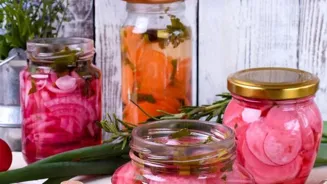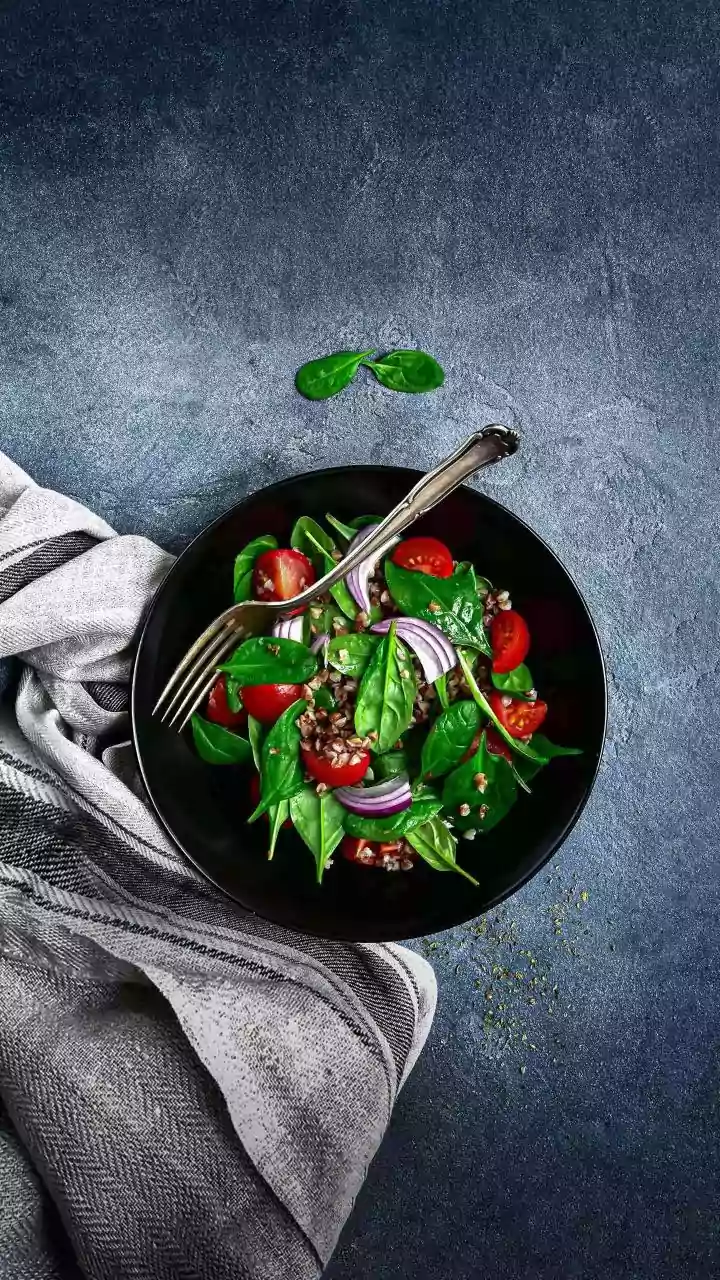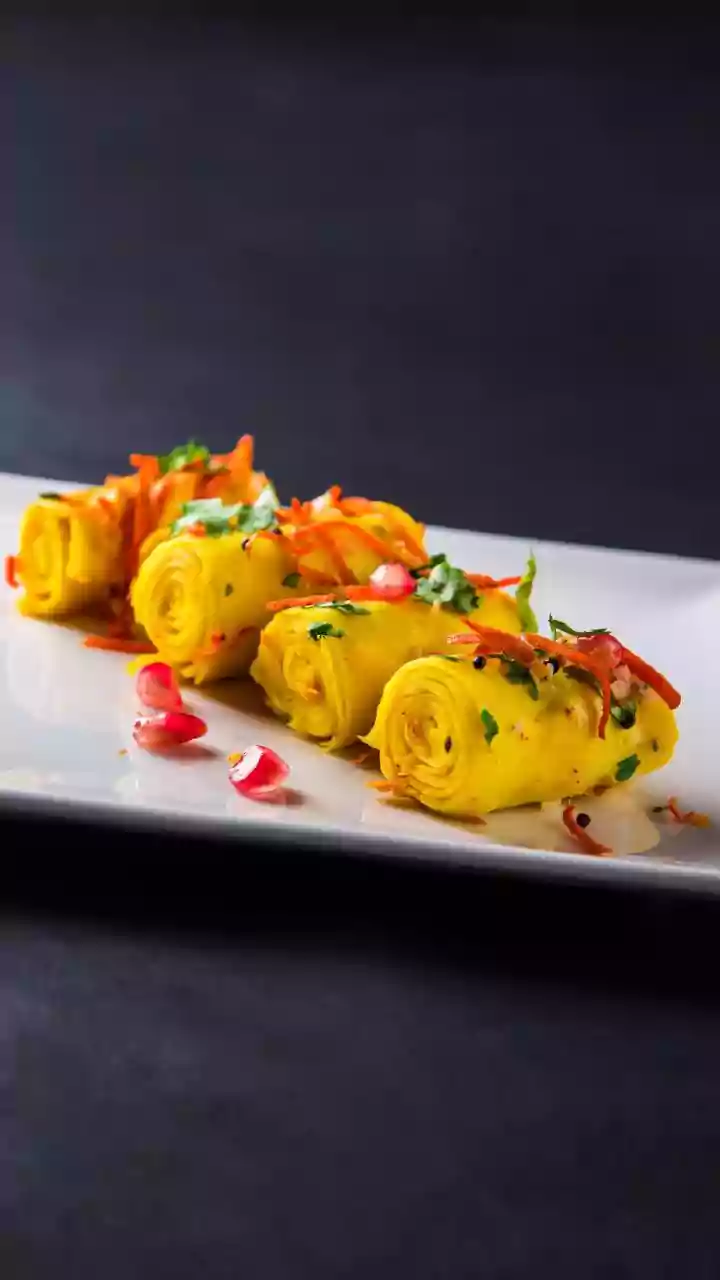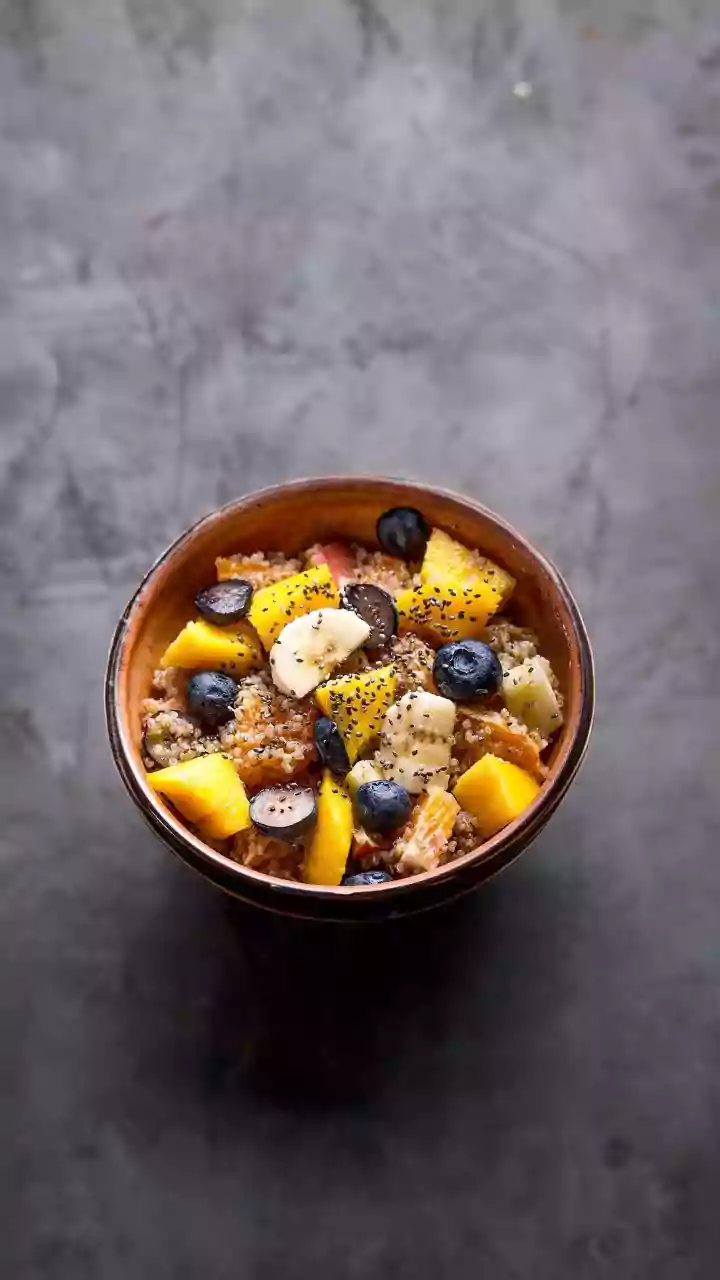Discover the rich history of Indian pickles, a tangy tradition that's more than just a condiment. From preservation techniques to regional variations, delve into the cultural significance and diverse flavors
that make Indian pickles a beloved culinary staple. Read on to explore the enduring appeal and nostalgic value of pickles in Indian cuisine
India, a land celebrated for its vibrant culture and diverse culinary landscape, boasts a food tradition that ignites taste buds like no other: pickles.
Known as achar in Hindi, uppinakayi in Kannada, oorukai in Telugu, and by many other regional names, these tangy, spicy, and sometimes sweet condiments have been an integral part of Indian meals for centuries.
More than just a flavour enhancer, the humble Indian pickle embodies a history rich with cultural significance, culinary innovation, and the preservative wisdom of generations past.
From royal kitchens to rural homes, the story of Indian pickles is a fascinating journey through time, a testament to the ingenuity of Indian cooks, and a guarantee that this tangy tradition is here to stay.
Pickling in ancient India evolved from necessity to intricate tradition
The origins of pickling in India can be traced back thousands of years, long before refrigeration became commonplace. In ancient times, preserving food was a necessity, especially during the hot Indian summers when fresh produce was abundant but prone to spoilage.
Pickling, using readily available ingredients like salt, oil, spices, and vinegar (or lemon juice), proved to be an effective method. Evidence suggests that the earliest forms of pickling in the Indian subcontinent involved fruits and vegetables preserved in brine.
These early pickles were likely quite simple, focusing primarily on preservation rather than elaborate flavour profiles.
Over time, however, with the development of spice trade routes and the blending of culinary influences, the art of pickling evolved into the complex and diverse tradition we know today.
The arrival of new ingredients, such as chilli peppers introduced by the Portuguese, added another layer of flavour and complexity, forever changing the landscape of Indian pickles.
Pickles in Indian society: cultural, traditional, and diverse
The role of pickles in Indian society extends far beyond mere preservation. Pickles are deeply ingrained in the cultural fabric, holding a special place in family traditions and regional cuisines.
In many Indian homes, the preparation of pickles is a ritualistic event, often involving the entire family. Recipes, passed down through generations, are closely guarded secrets, each with its own unique twist and flavour profile.
The process of making pickles, from selecting the freshest ingredients to carefully monitoring the fermentation or curing process, is seen as an act of love and care. Furthermore, pickles often feature prominently in religious festivals and ceremonies, symbolizing good luck and prosperity.
Certain pickles are even believed to possess medicinal properties, aiding digestion and boosting immunity. The regional variations of pickles are a reflection of the diverse agricultural landscape and culinary preferences across India.
Each region boasts its own signature pickles, made with locally sourced ingredients and spices.
Indian pickles offer diverse flavors from north to south, coast to coast
From the northern states of Punjab and Rajasthan, known for their spicy mango and lime pickles, to the southern states of Andhra Pradesh and Tamil Nadu, famed for their gongura (roselle leaves) and avakaya (mango) pickles, the sheer variety is astounding.
The eastern states of Bengal and Assam showcase their own unique styles, often incorporating mustard oil and panch phoran (a blend of five spices) into their pickles.
The coastal regions, with their abundance of seafood and coconuts, also feature pickles made with ingredients like prawns, fish, and green mangoes.
The differences in ingredients, spice blends, and preparation methods create a kaleidoscope of flavours, ensuring that there's a pickle to suit every palate.
Whether you prefer a sweet and tangy lime pickle, a fiery green chilli pickle, or a subtly spiced mixed vegetable pickle, the world of Indian pickles offers an endless adventure for the taste buds.
Indian pickles: versatile condiments with diverse flavors and long shelf life
The enduring popularity of Indian pickles can be attributed to several factors. Firstly, their versatility as a condiment makes them a perfect accompaniment to a wide range of Indian dishes.
Whether paired with rice, roti, dal, or even yogurt, pickles add a burst of flavour and texture that elevates any meal. They can also be used as a flavour enhancer in curries, chutneys, and other culinary creations.
Secondly, the diverse range of flavours and ingredients ensures that there is a pickle to suit every taste preference. From sweet and sour to spicy and tangy, the options are endless.
Thirdly, the long shelf life of pickles makes them a convenient and practical food option, especially in a country with varying access to fresh produce. Pickles can be stored for months, or even years, without spoiling, making them a valuable addition to any pantry.
Indian pickles: cultural nostalgia and culinary staple
Finally, the cultural significance and nostalgic value of pickles contribute to their enduring appeal. For many Indians, the taste of homemade pickle evokes cherished memories of childhood, family traditions, and the comforting warmth of home.
The aroma of spices simmering in oil, the sound of crunching vegetables being packed into jars, and the anticipation of tasting the finished product are all part of the sensory experience that makes Indian pickles so special.
In conclusion, the history of Indian pickles is a testament to the ingenuity and creativity of Indian cooks, the diversity of Indian cuisine, and the enduring power of tradition.
From their humble beginnings as a means of preserving food to their current status as a beloved culinary staple, pickles have played a significant role in shaping Indian food culture.
And with their endless variety of flavours, their versatility as a condiment, and their deeply ingrained cultural significance, the tangy tradition of Indian pickles is undoubtedly here to stay, continuing to delight taste buds and evoke fond memories for generations to come.
AI Generated Content. Glance/InMobi shall have no liability for the content




















